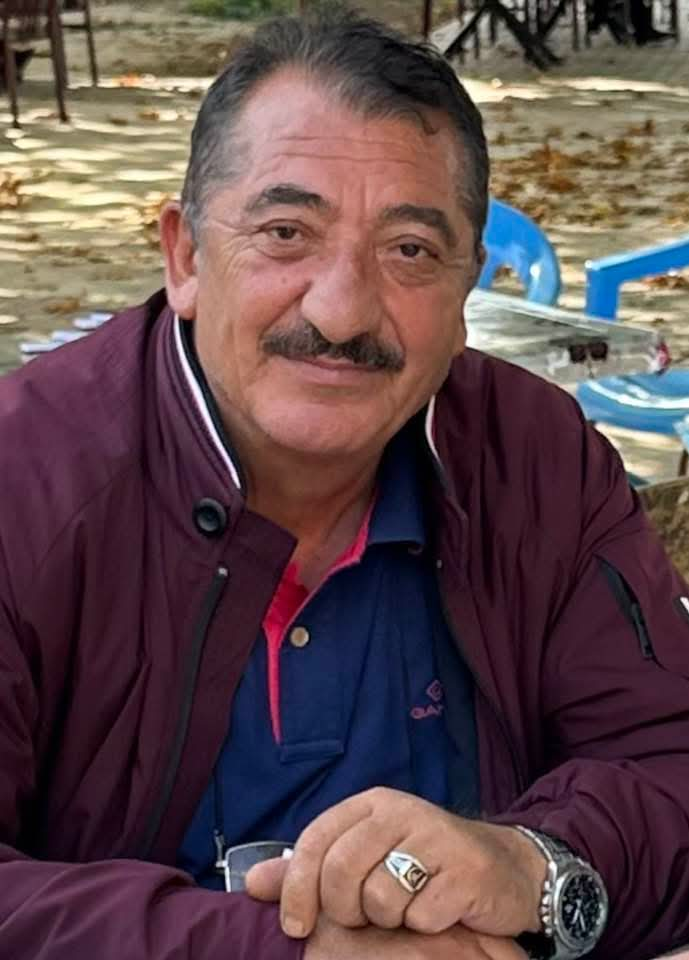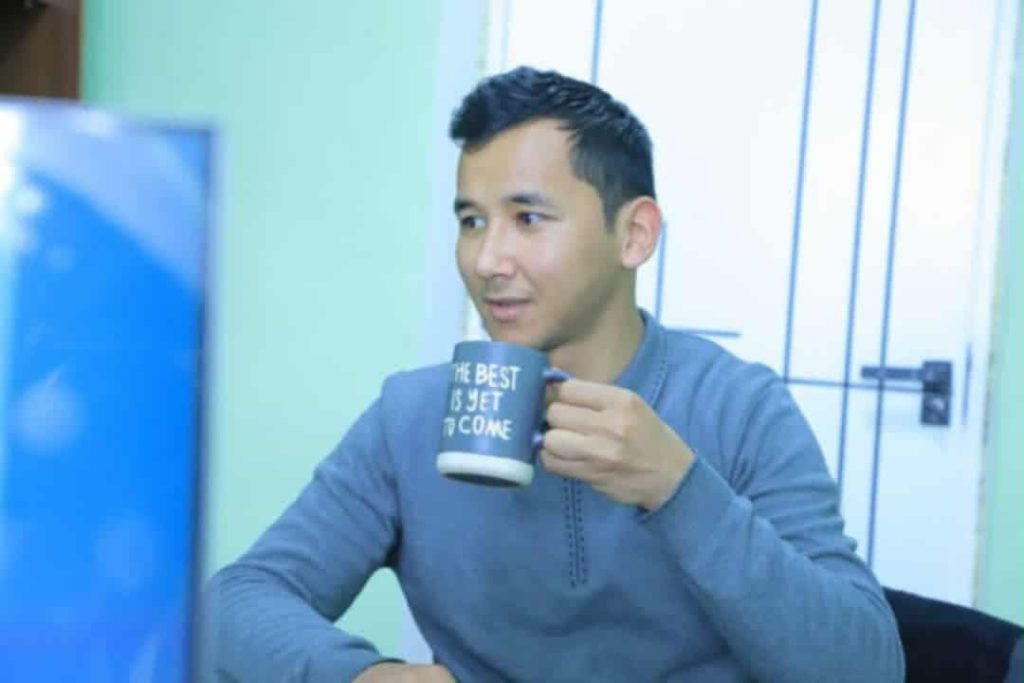

“POETRY – BOTH PAIN AND REMEDY”
Our guest today is— a prominent representative of contemporary Azerbaijani poetry, a poet and publicist whose works are renowned in the Turkish world, often centered on themes of Turkism, national identity, and freedom; recipient of the Mahmud al- Kashgari Medal, laureate of the Gold Prize at the International Poetry Festival of the Turkish World, and honorary professor at the International Academy of Turkish Studies, Rustam Bekhrudi.
— In your poems, one feels the “suffering of the nation’s soul” and the breath of history. How does a poet’s heart reflect the pain of the homeland?
— In my poems, the people’s pain is not just words—it is breath. The wound of the homeland beats in the poet’s heart like blood; in every verse, there is a trace of the nation’s tears. That pain resonates within me like music—it is both melody and cry.
— You have touched many hearts with your work. Yet, have you ever faced injustice or denial along this path?
— Injustice has been my companion. Whoever speaks the truth will see a wall before them. I have seen it too. Yet I have not feared being denied—because the truth finds its way to hearts, and walls crumble one day.
— In terms of life and creative progress, what does “patience” mean to you?
— Patience for me is a silent cry. Patience is the silence that holds rebellion within. Without that silence, words would hold no power.
— What tendencies in contemporary Turkish literature both delight and worry you?
— What delights me is the search for identity and return to roots in contemporary Turkish literature. What worries me is vulgarity and soullessness. When literature becomes a marketplace, the poet loses their spirit.
— What does the phrase “literature is the heart of society” mean to you?
— “Literature is the heart of society” means that wherever the people’s blood flows, the poet’s words must flow there too. If there is no literature, the heart of society has stopped.
— In the context of national identity, the spirit of the people, and Turkish unity, how can literature spiritually unite Turkic-speaking peoples?
— Literature can unite Turkic-speaking peoples through God’s same breath, through the power of language, through the power of the spirit. For the great unity of the Turks will not be forged by the sword, but by words.
— Your poems are letters not only to the past but also to the future. For what future do you write?
— I write my poems for a future generation that will be free and never forget its identity. So that the Turkish children of the future may find their roots within my verses.
— In your view, is poetry the expression of pain, or a means to overcome it?
Answer: — Poetry is giving voice to pain, but in such a way that the one who shares it feels relief.
Poetry is both pain and remedy.
— In Sufism, the stage of “annihilation” (fana) leads to “eternal existence” (baqa). As a poet, how have you experienced this spiritual stage?
— For me, “fana” is to turn away from this world; “baqa” is to exist through words. A poet dies many times and is born many times in life. In each of my poems, I both disappear a little and exist a little.
— What is the form of resilience? Which harsh days of your life shaped you into the person you are today, Rustam Bekhrudi?
— Resilience is standing up even after being broken. The harsh days of my life—imprisonment, persecution—did not break me; instead, they nurtured the poet within me.
— In your opinion, what new awakenings does the Turkish world need today?
— The Turkish world needs a new awakening—to return to its roots, to protect its language, history, and culture, and carry them forward. Without this awakening, a nation will lose itself.
— Sometimes a poet challenges their heart to the hearts of others. How do inspiration and creative suffering influence each other in you?
— Inspiration is God’s breath for me. Yet, when that breath comes, suffering also rises within my heart. Creative suffering and inspiration complete one another—without one, the other cannot exist.
— Among the images you create—“Soullessness,” “Tear,” “Wound,” “Memory”—which have you
lived most fully?
— I have lived most in the “Wound.” Because wounds do not heal; they bleed throughout a poet’s life. “Memory” and “Tear” are there too, but “Wound” has defined me most.
— The word “nation” in your mind signifies not only love for the homeland, but also memory, suffering, and honor.
How do you think young people perceive this feeling today?
— For me, “nation” is memory before land. Some young people today understand the nation only through flags and anthems. But a nation is suffering, blood memory, a burden of honor.
To grasp this depth, one needs words, one needs literature.
— What dreams occupy your mind currently?
What are you engaged in?
— From the window of the “Acı Badem” hospital, I watch plane trees whose leaves have just begun to turn in pain… People are like trees! There is no place to run, no refuge here… I once said: “Man is born alone, lives alone, and dies alone.” Now, what is meant to happen, happens! I was born one autumn morning when wolves howled; when the wolves arrive, everything will end! God had given me a mission—to light the path from Turkish lands to Mount God, to read the poems of nameless heroes along that road, to convey the light of the “Golden Apple”! Have I succeeded? I do not know! Such is the life I have lived!
Awake, my soul, why dream so deep?
Another dawn may never keep.
A call resounds from God’s high height—
Rise, let us seek the “Red Apple’s” light!
Jakhongir Nomozov is a young poet and journalist from Uzbekistan. He is also a Member of the Union of Journalists of Azerbaijan and the World Young Turkic Writers Union.

Pingback: Synchronized Chaos Mid-September 2025: Beneath the Surface | SYNCHRONIZED CHAOS